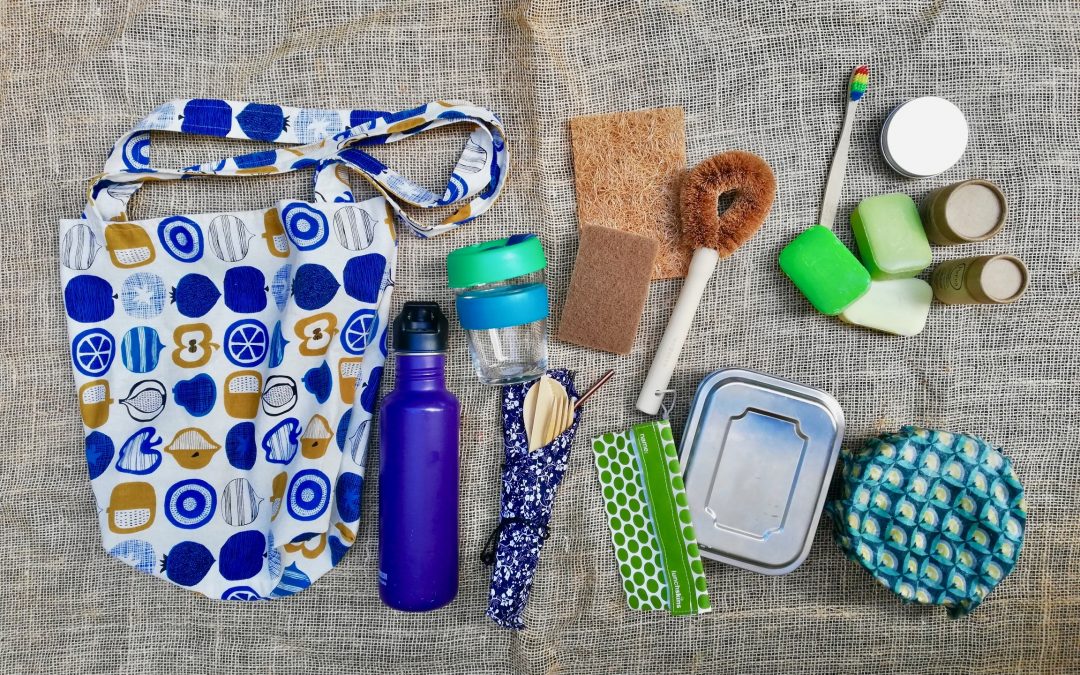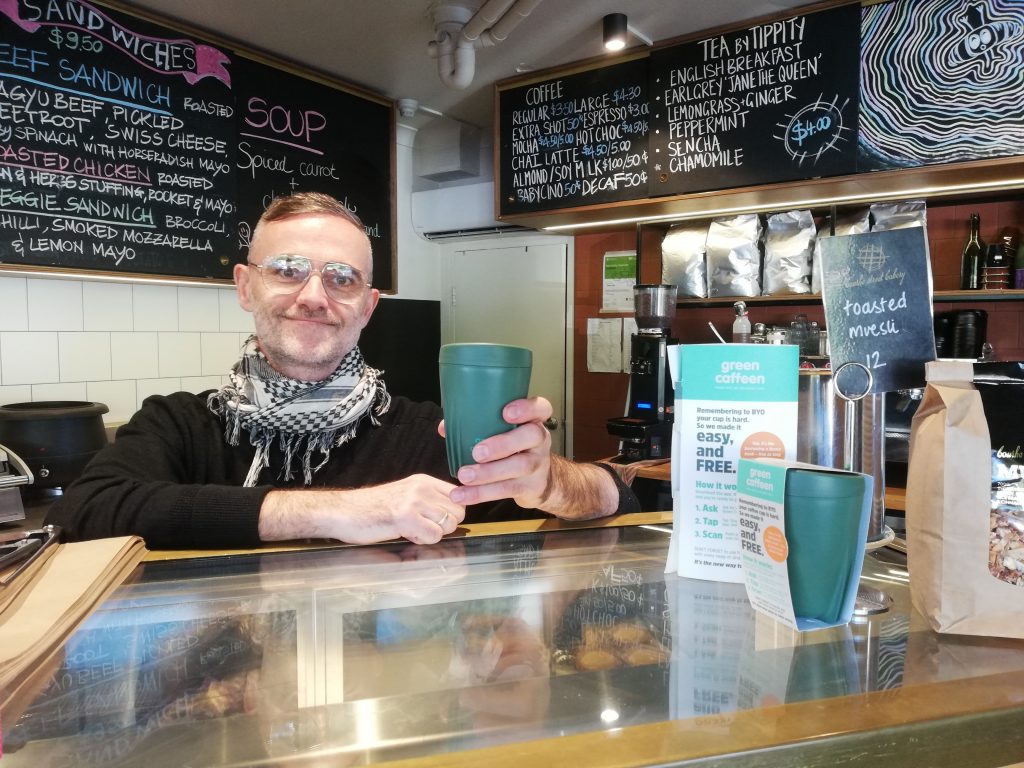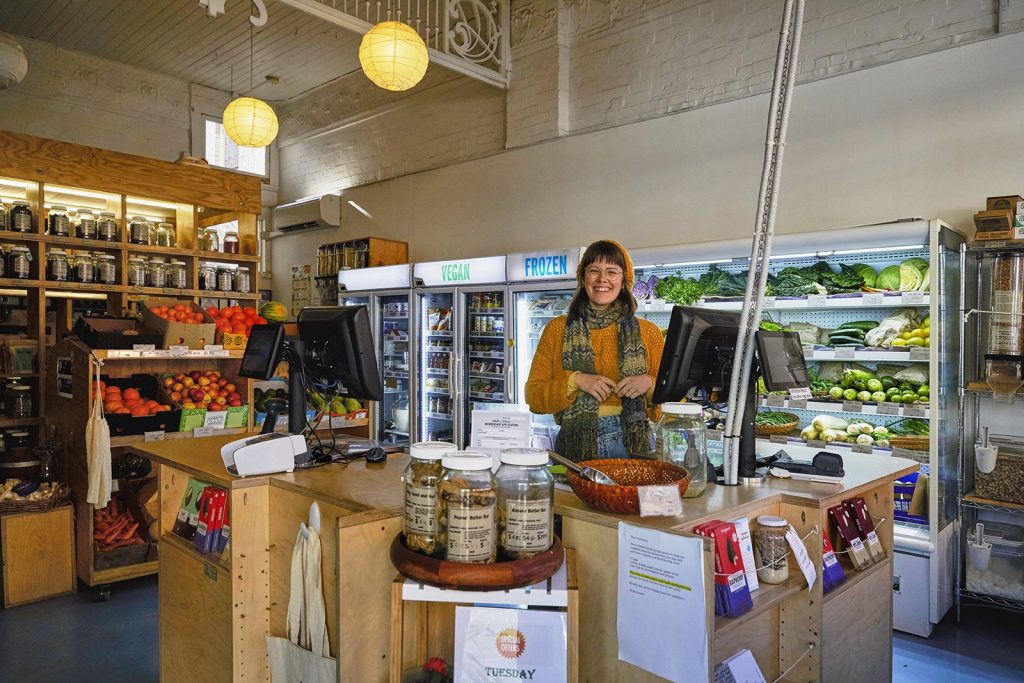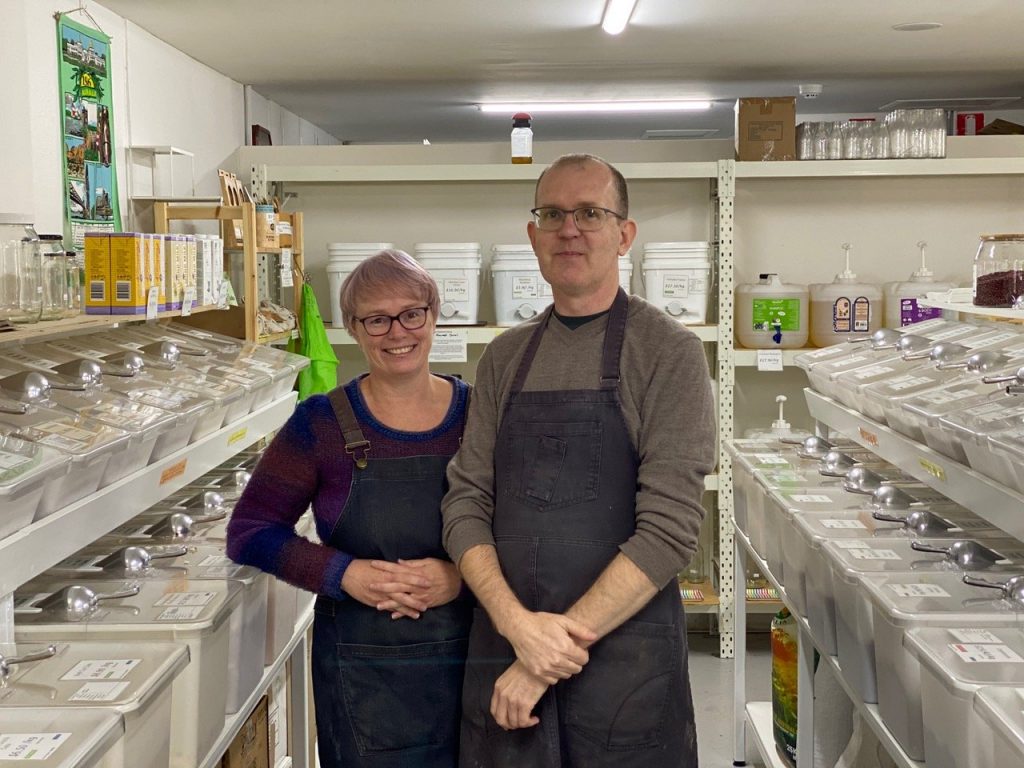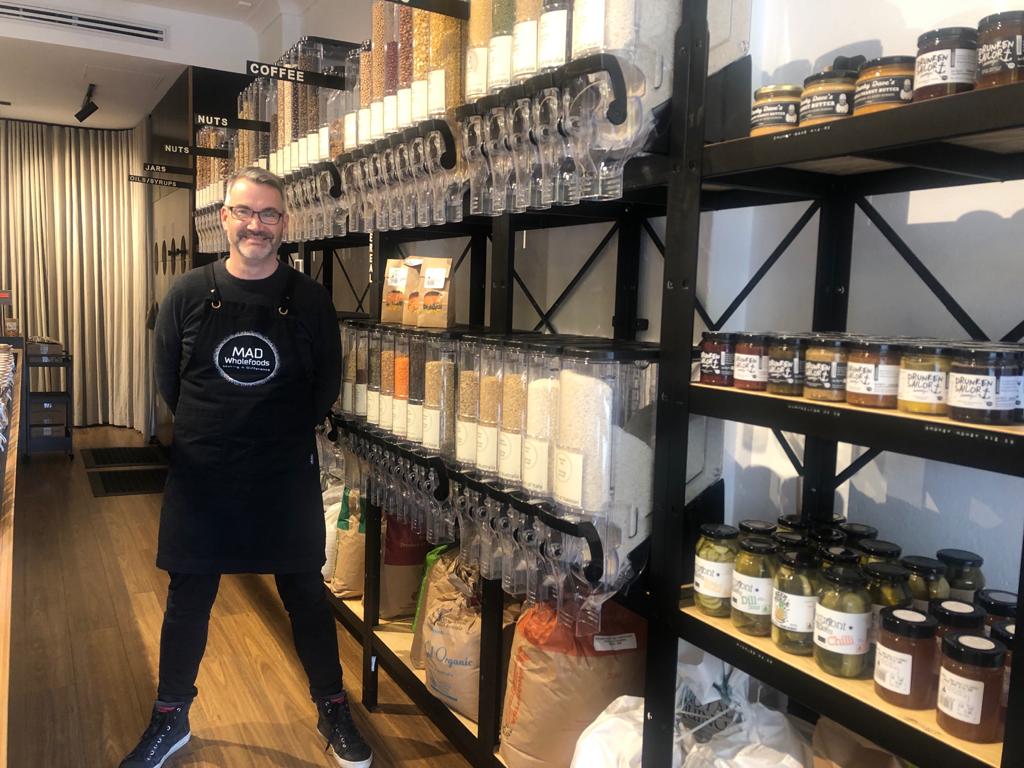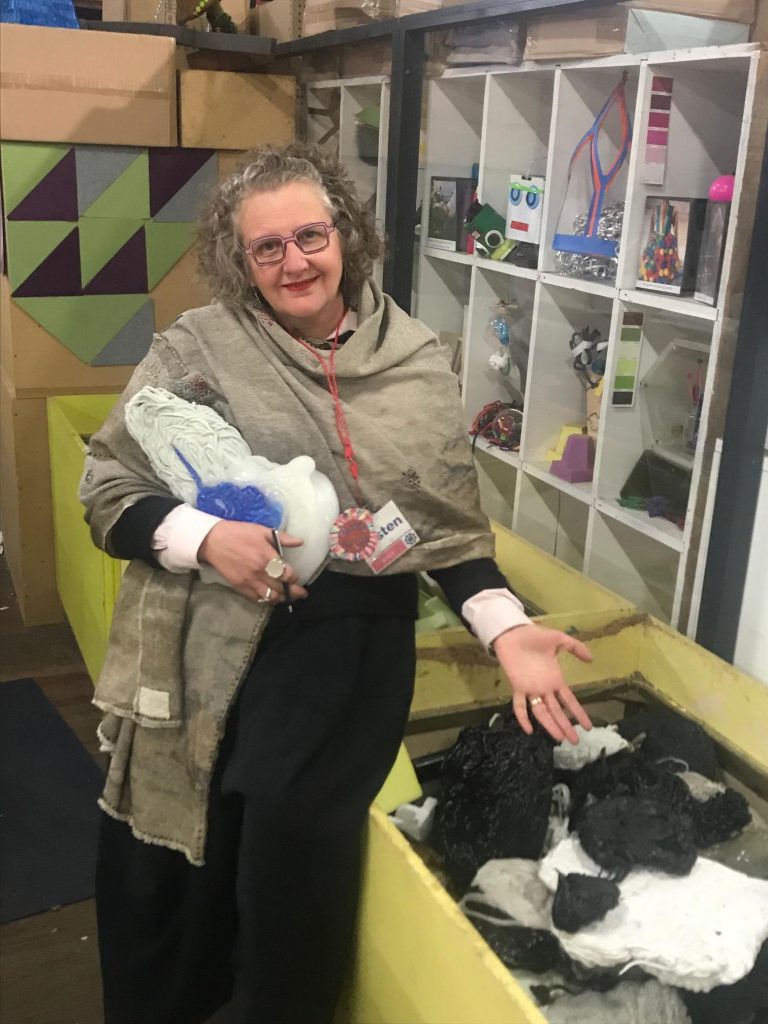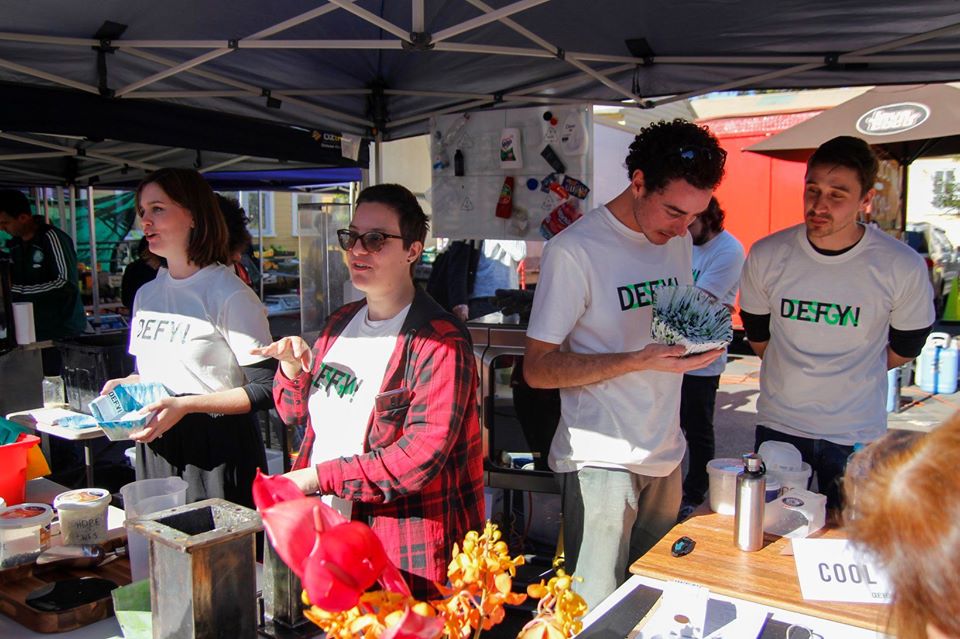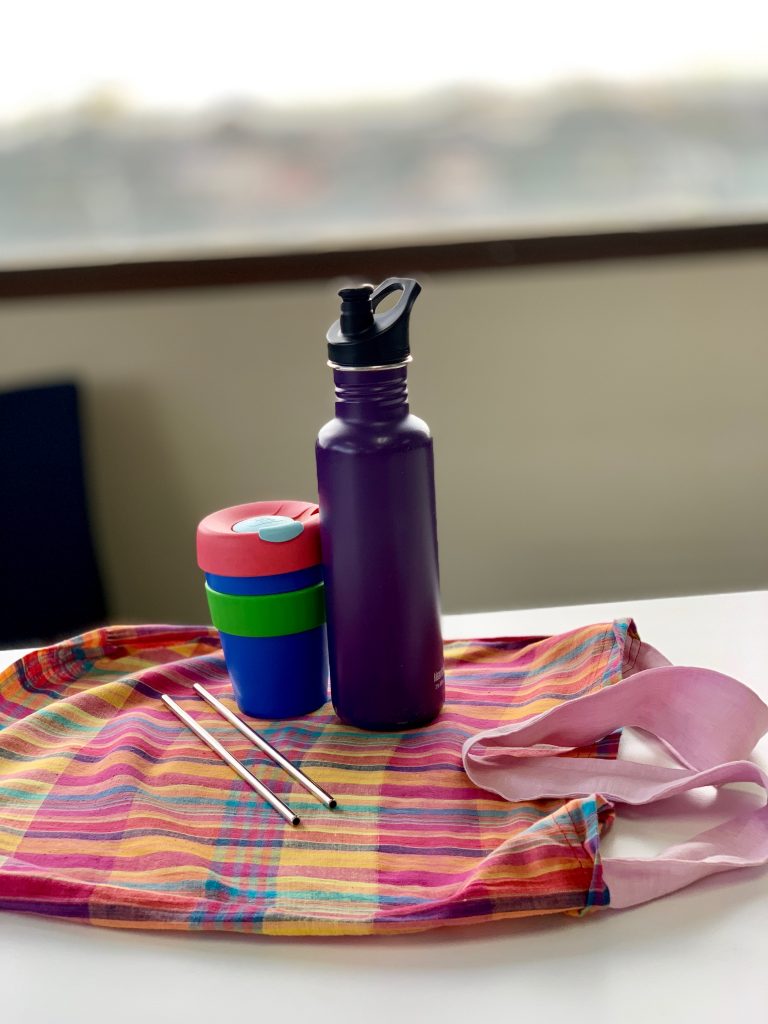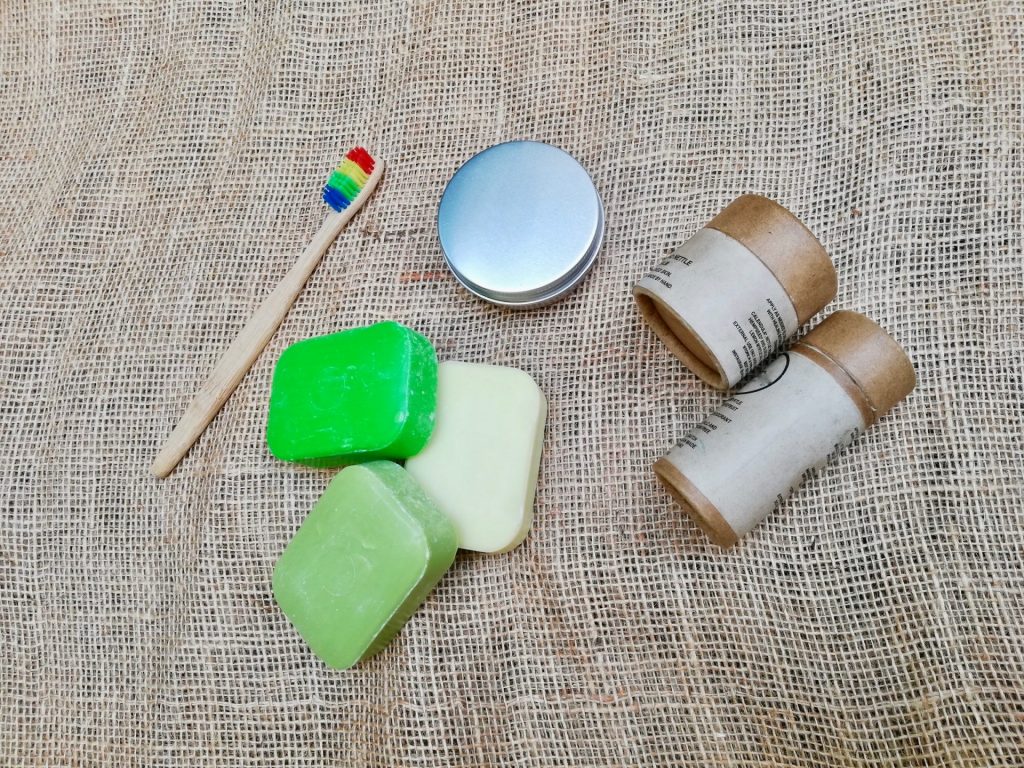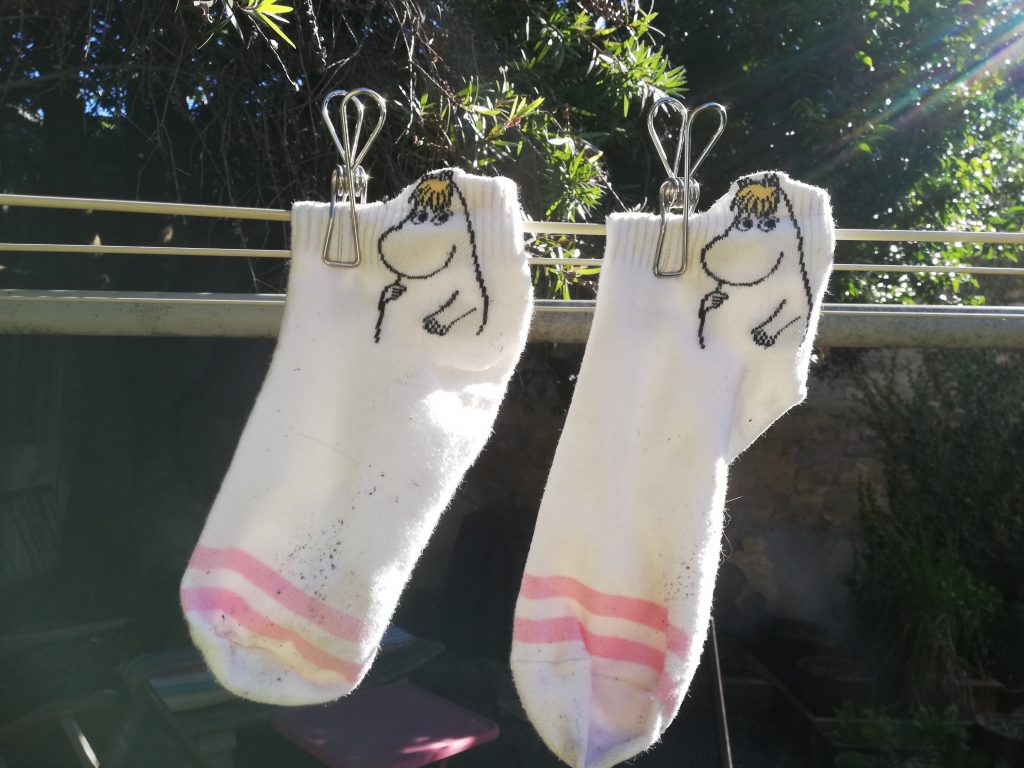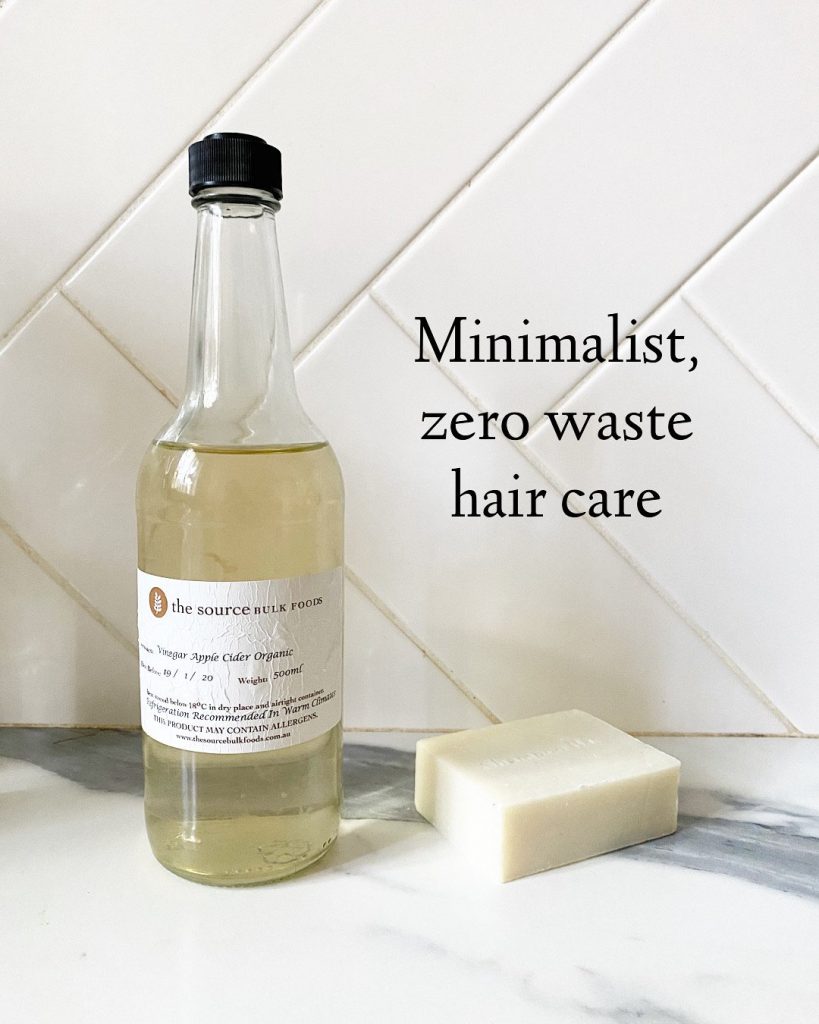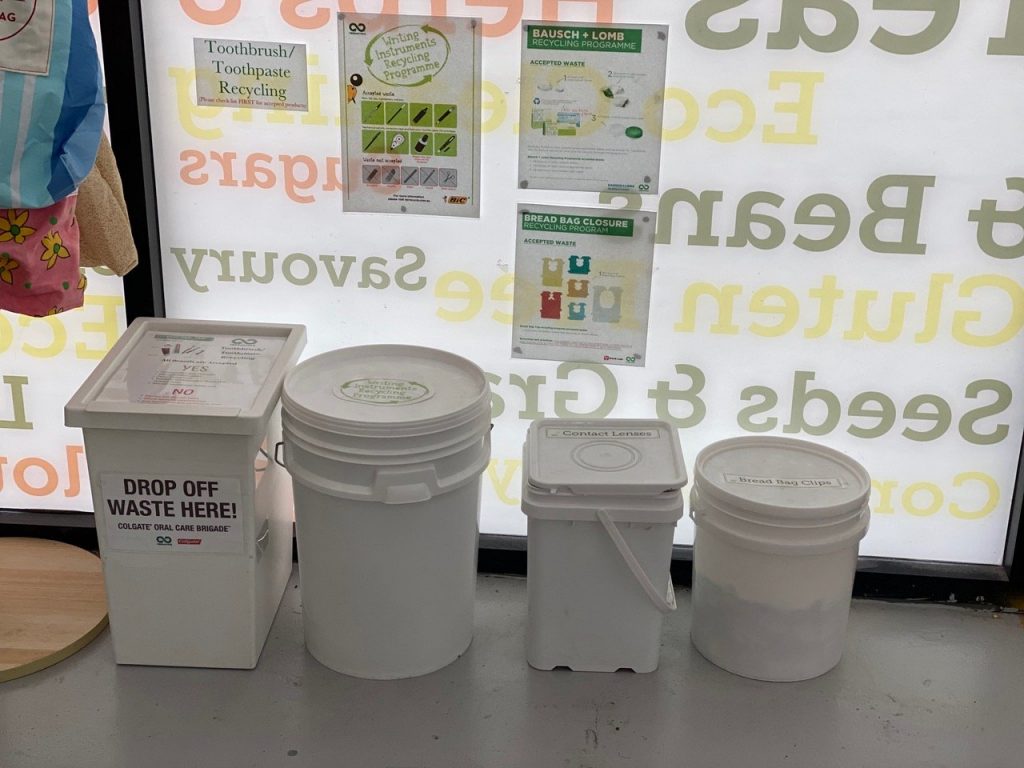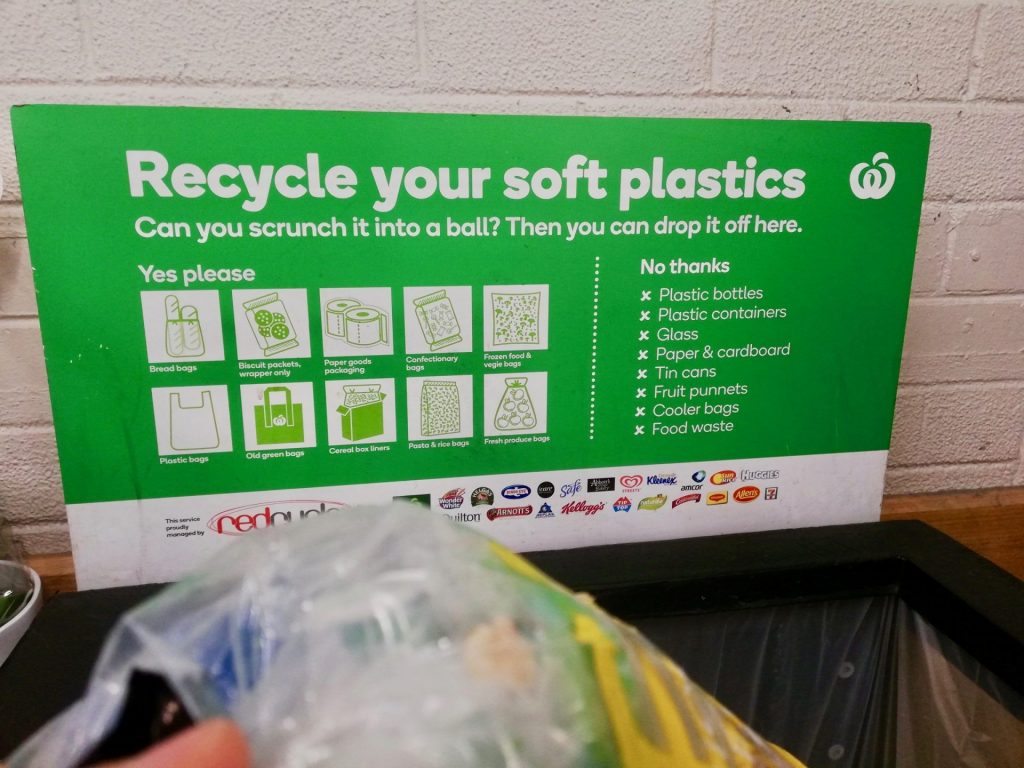It’s Plastic Free July, time to look at ways to reduce the amount of plastic we use in our lives.
Why reduce plastic use? Most plastics are made from fossil fuels so if you reduce your use of plastic, you’re reducing carbon emissions. If plastics are not disposed of correctly they damage the environment, especially through getting into waterways. Birds, fish and other aquatic animals can be injured, starved to death or trapped by plastics. Read about some of the most toxic plastics to marine life.
Micro-plastics are hidden from view. Tiny beads of plastic polyethylene can be found in some beauty products, tea bags might have plastic in the mesh to give shape, and microplastics in synthetic clothes are shed each wash. A recent study of the Cooks River after a storm found high levels of micro-plastics. If you want to join others cleaning up the Cooks River you might like to join the Mullets who pick up rubbish from their kayaks, or the Mudcrabs who do it from land.
There are many alternatives to plastics, here are some ways to reduce your plastic use.
A good place to start is by taking the Pesky Plastic Quiz. It allows you to see where you use plastics in your life and where you might make changes. You could also take the Plastic Free July challenge to reduce your plastic use throughout the month. Check out the Plastic Free July website for lots of information and tips.
Next up, try to avoid single use plastics. The big four most used single-use plastics are shopping bags, water bottles, coffee cups and straws, and it’s easy to find plastic-free alternatives for all of these. For example, cloth bags, metal or glass water bottles, metal or paper straws (or none at all) and reusable coffee cups or coffee cup schemes.
Single-use coffee cups cannot be recycled due to the thin plastic lining inside the paper cup and the plastic lids are generally not recyclable either. Changing how you drink your coffee can have a big impact on landfill waste. In the Inner West many cafes offer Swap and Go Green Caffeen cups, just download the app, and find a café near you. Many cafes are still accepting reusable coffee cups and Responsible Cafes has developed guidelines for cafes to follow, to enable safe contactless pours.
Here are some more ways you can limit the amount of plastic in your life.
At home, in the kitchen:
- Use beeswax wraps instead of cling wrap, they’re easy to make and can be used again and again
- Use glass jars for food storage. You can freeze glass, make sure the lid is on loosely until the contents are frozen
- Make your cuppa tea with loose leaf tea instead of tea bags, which might have hidden plastics in them
- Use refillable containers for dishwash liquid and refill at a bulk food store
- Use dishwash brushes and scrubbing pads made from natural fibres such as coconut, hemp and corn husks, or crochet your own.
- Make your own pickles, ice–cream, sauces etc, instead of buying them in plastic tubs and bottles. Impress your friends and family with your new skills!
This article shares some more simple kitchen swaps to reduce your kitchen waste.
In the bathroom:
- Use a bar of soap instead of liquid soap in a plastic bottle
- For hair washing try using a shampoo bar and conditioning with vinegar and water, or refill containers at a bulk food store
- Invest in a reusable razor instead of throwaway plastic ones
- Use plastic-free ear cleaners, where the stem is made of cardboard
- Make your own deodorant or buy in a metal or cardboard container
- Use reusable cloth make-up removal pads
- Use a wooden toothbrush, and you can recycle the plastic head after use at Terracycle drop off points
- Use a compostable tooth floss made from corn starch.
In the laundry:
- Use soap berries for detergent or refill laundry detergent in a container at a bulk food store
- Use stainless steel or bamboo pegs instead of plastic
- Wash your synthetics in a microfibre catching bag (or coraball) to stop them from entering our waterways.
When out and about:
- Shop at bulk food stores. We have many in the Inner West: Alfalfa House Community Food Co-op in Newtown, Mad Wholefoods in Summer Hill, Village Wholefoods in Marrickville, Naked Foods in Newtown and The Source in Balmain.
- Always carry a reusable water bottle and coffee cup with you
- Take your own cloth bags shopping, including small lightweight bags for produce. Make your own or learn how to do it from Boomerang Bags Inner West.
- Carry lunch in reusable lunch containers, and reusable cutlery made from wood or bamboo
- Take reusable containers for leftovers at lunch or dinner when you dine in
- Don’t use balloons at parties – make your own decorations such as DIY bunting! It can be reused again and again.
Sometimes you can’t avoid plastics, but there are creative ways to recycle them. Reverse Garbage continues to empower the community to rethink waste and reuse items through its warehouse and workshops. Defy Design is a small scale recycling company that transforms plastic into new well-designed objects. You can also take toothbrushes, toothpaste, plastic pens, contact lens packaging and bread bag tags to Village Wholefoods for recycling through Terracycle.
Ensure you recycle right by using Inner West Council’s Waste App. We’ve got some resources here and throughout July if you tell us your best single-use plastic free living tip in 25 words or less you could win a reusable coffee cup!
Follow the Green Living Centre on Instagram and Facebook in July for tips on plastic-free living. #plasticfreejuly #saynotosingleuseplastic
How can you reduce your plastic use this month?

